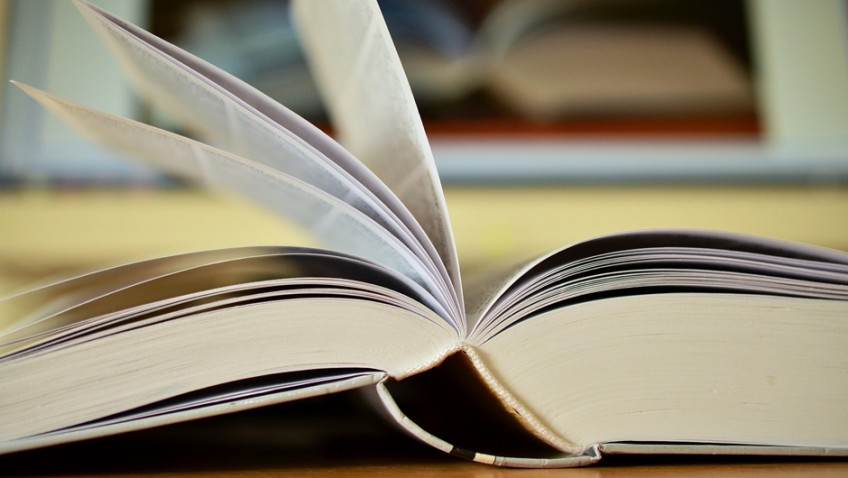Robert Tanitch reviews the latest books
Misère: The Visual Representation of Misery in the 19th Century by Linda Nochlin (Thames & Hudson £24.95). The Industrial Revolution brought poverty, squalor, and destitution to many. Women had no other option but to beg and turn to prostitution. The misery has been recorded by Dickens, Mayhew, Hugo and Zola. Which is more degrading: words or images? There are striking images here of starving Irish children by James Mahony, the London slums by Gustave Dore, and stonebreakers and beggars by Gustave Courbet. There are drunkards (“pity the sorrows of a poor old man”), paralytic women and pipers by Theodore Gericault and whores by Toulouse-Lautrec, Edgar Degas, Jean-Louis Forain and Jean Berraud. Finally, there are the homeless, the violet seller and the Morsel of Bread series of old men by Fernand Pelez. Perhaps the most famous image today, ironically, thanks to the posters for the long-running musical Les Miserables, is Emile Bayard portrait of Cossette.
Frankenstein or the Modern Prometheus: The 1818 Text by Mary Wollstonecraft Shelley (Oxford (£14.99). When did you last read the most celebrated horror story ever written? Or do you know it only through James Whale’s 1931 film version with Boris Karloff as the Monster. 200 years on this “half-waking nightmare” continues to haunt. Mary was only 18 and pregnant when she began writing it when she was on holiday in Switzerland with Percy Bysshe Shelley and Lord Byron and they were enjoying telling ghost stories. Is Shelly the inspiration for Frankenstein and Byron for the Monster?
Every Day a Word Surprises Me & Other Quotes by Writers (Phaidon £14.95). There are 700 quotes. The varied typography on every page makes it all the more readable and fun to dip into. Rudyard Kipling says words are the most powerful drug used by mankind. Jean Cocteau says writing is an act of love. Charlotte Bronte says she is just going to write because she can’t help it. E L Doctrow likes commas. J S Ballard wants to drink himself to death on a mountainside. Harold Pinter says he is hostile to audiences. Virginia Woolf would give up Greek to dance really well. Dostoevsky confesses that the worst thing he fears is mediocrity. Sylvia Plath says the worst enemy to creativity is self-doubt. Henry David Thoreau says there is no remedy for love but to love more.
To learn more about Robert Tanitch and his reviews, click here to go to his website







